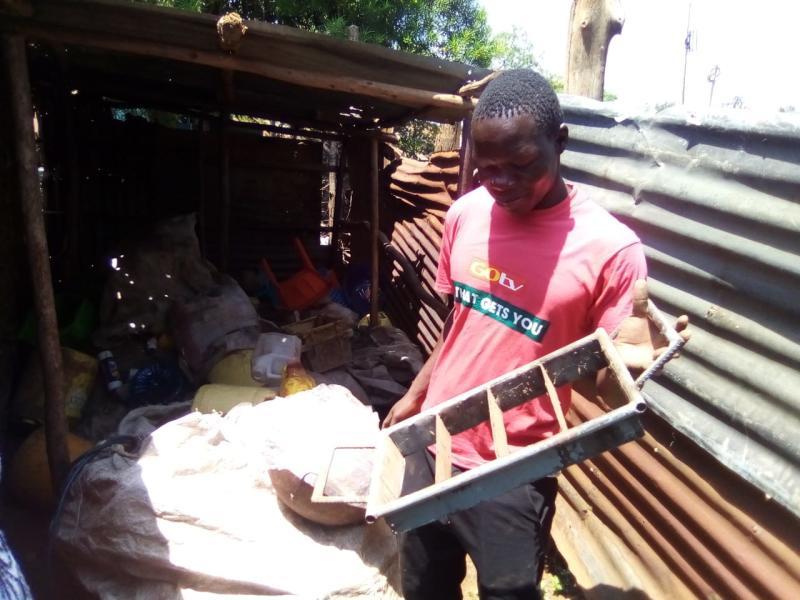×
The Standard e-Paper
Stay Informed, Even Offline

Isiah Odhiambo, a waste collector in Obunga slums in Kisumu goes through some of the waste before he takes it for recycling. Youth in Kisumu have sought work in garbage collection. [Mactilda Mbenywe, Standard]
When Phanice Awuor graduated from Masinde Muliro University with a diploma in business management in 2016, she was confident she would soon get a white collar job.